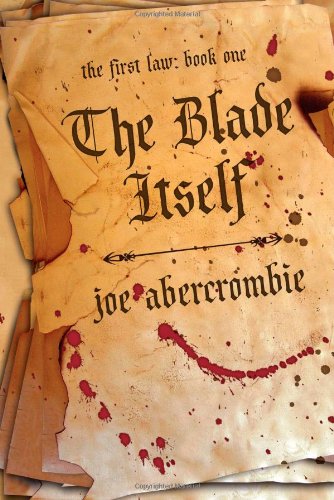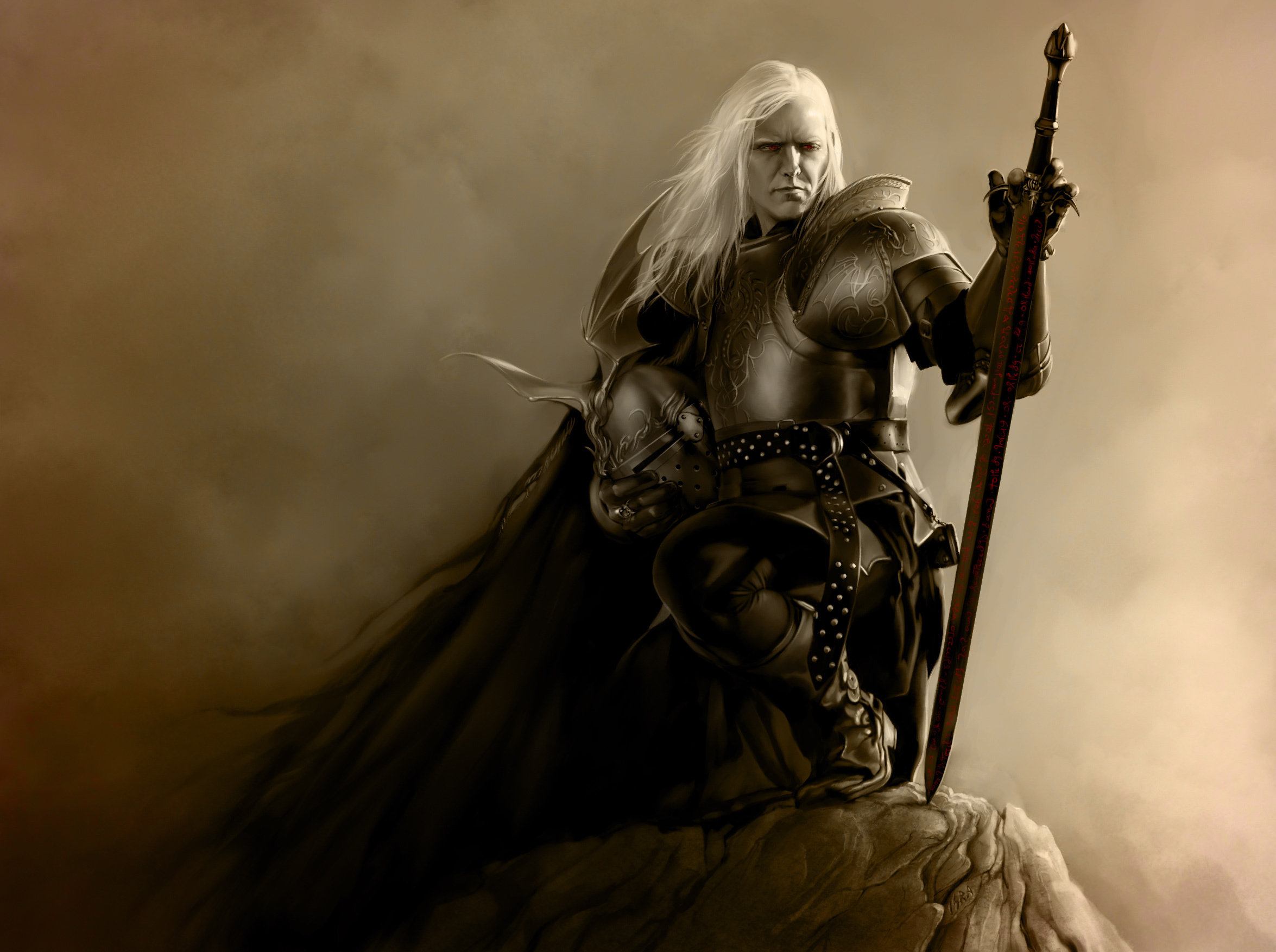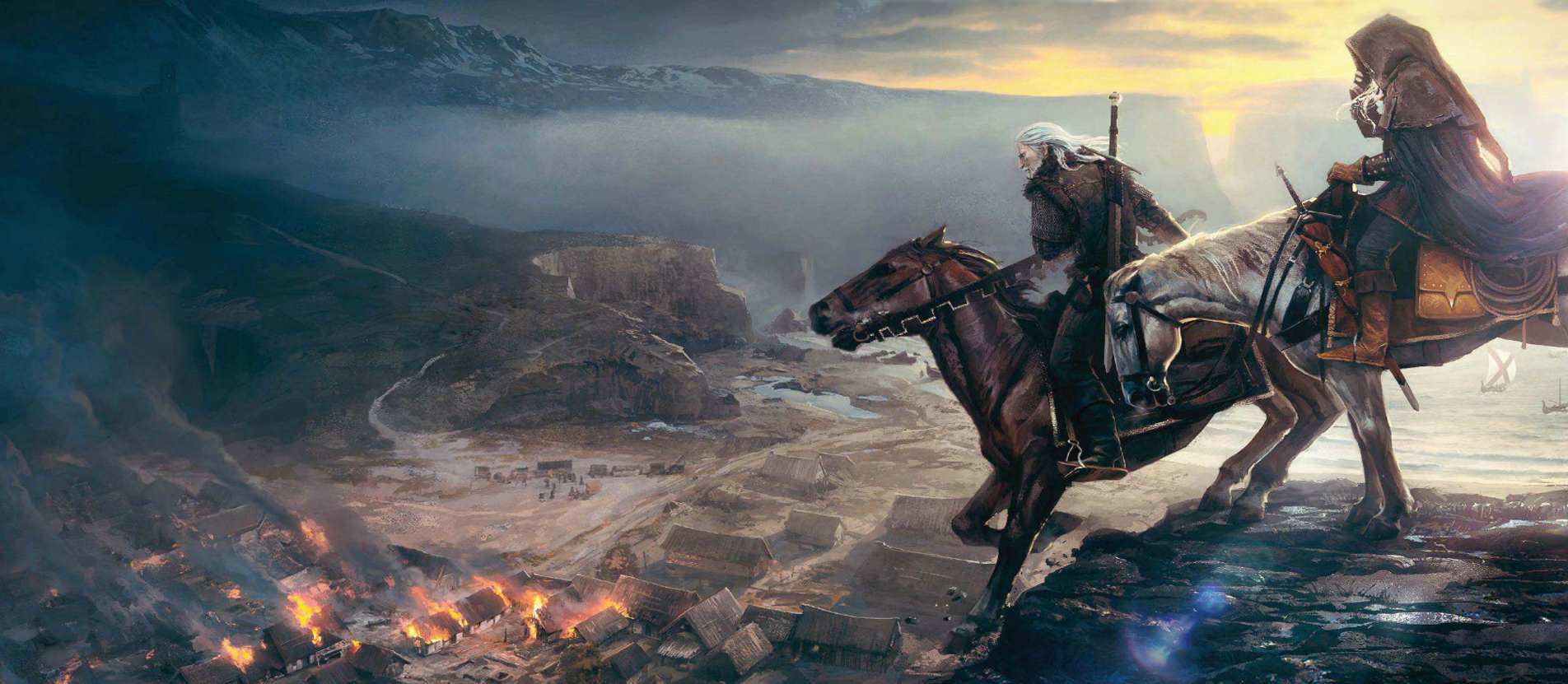If you like The Witcher you’ll also like…
Hungry for more morally ambiguous fantasy fare? We've got you covered with these books, movies, and more.
Uncertainty and ambiguity are what The Witcher does best, exploring the moral grey areas of a world where the future is in constant flux. Those blurred themes are perfectly encapsulated by the series’ star, the monster-hunter Geralt.
As a mutant, he’s constantly on the periphery and bearing passive witness to the ugliest sides of life. But as a kind of superhero in this world, he’s also asked to clean up the messes more ordinary beings land at his feet. And with CD Projekt’s now well-known approach to this universe—even the truth of its own story is malleable.
One thing that’s very clear in The Witcher is absurdity of life. Many of us are—or have been—on the periphery in our own way, and the experience of shifting from the center to the edges of history and back is one reason I find Geralt such a compelling character. As an echo of Poland and Eastern Europe’s experience emerging from the Cold War, both the games and their source material in Andrzej Sapkowski’s novels continue to pose questions that still resonate today: Do we change or does the world change?
With that in mind, in this edition of ‘If you like’ I’ve put together a few suggestions that speak to the dark ambiguity of the art, attitude, and storytelling of the Witcher series.
The Blade Itself, by Joe Abercrombie

Part one of his First Law Trilogy, Joe Abercrombie’s The Blade Itself revels in its fallen world. Rotting rivers, bruised flesh, and bloody teeth mark some of the images in its initial pages and it doesn’t let up from there. As a Gene Wolfe fan, I’m also happy to see a professional torturer like Abercrombie’s Glokta take center stage in another novel.
Long associated with the “ grimdark” subgenre of science fiction and fantasy, I like Justin Landon’s explanation of Abercrombie’s style: “Grimdark is hyper-realistic, in a way that Kill Bill is hyper-violent. It’s a reality of absurdism, if you will.”
As I mentioned above, so much in the Witcher can come off as absurd as well—it’s visible in the lack of clarity over which side Geralt is actually on, and his general world-weariness. It’s also worth pointing out that with all the success and attention paid to subversive fantasy settings such as GRR Martin’s A Song of Ice and Fire series and its adaptation by HBO, some are tiring of all the gloom and negativity. Not me. It’s an approach to reality that I see mirrored in Abercrombie’s writing and one that I will always revisit when it’s done so well.
Keep up to date with the most important stories and the best deals, as picked by the PC Gamer team.

Beyond the association I see between Sapkowski’s work and the recent grimdark turn in fantasy writing, many have suggested a link between Michael Moorcock’s important Elric of Melniboné stories and some of themes present in the Witcher. Moorcock’s Elric, a sword-wielding, soul-stealing figure known as the White Wolf, first came to prominence in the early 1960s. I picked up this collection recently, which looks to be a good introduction to the character. In his foreword to the text, comics legend Alan Moore writes rather majestically that: “No matter where the various strands of Moorcock’s sprawling opera ended up, or in what lofty climes, the bloodline started out with Elric. All the narratives have his mysterious, apocalyptic eyes. The tales included in this current volume are the first rush of that blood, the first pure spurts from what would prove to be a deep and never-ending fountain.”
A good endorsement, surely.
Age of Uprising: The Legend of Michael Kohlhaas, directed by Arnaud des Pallières
Choices—and their terrible consequences—have created some of the richest moments in the Witcher games. In a world painted only in shades of grey, how do you steer yourself? Some, in recognizing this uncomfortable fact of life, choose a path of avoidance, simply withdrawing so as to never be faced with a truly difficult decision. Others barrel forward with a moral clarity that can in its own way prove just as self-destructive.
The latter approach is the lesson of Michael Kohlhaas. In the film Age of Uprising, a French adaptation of a very famous German story, a horse trader named Kohlhaas makes his own choice about what sort of moral code governs his life when faced with the casual injustice of the pre-modern world. Never mess with a man’s horses.
Played by an actor who’s an expert in slow-burning fury, Mads Mikkelsen’s Kohlhaas is brilliant and projects an attitude of both tenderness and ferocious violence. And from a design perspective there’s so much to admire in the film’s casting choices, costuming, and expansive country setting.
The art of Jakub Rebelka
Even if Jakub Rebelka’s name doesn’t sound familiar, Witcher fans will likely recognize his work from the animated cutscenes that dotted The Witcher 2. Influenced by artists such as Moebius and Katsuhiro Otomo of Akira fame, Rebelka’s style is simultaneously familiar and surreal.
The Polish concept artist’s drawings in the second Witcher game worked to fill in some of the gaps in Geralt’s fractured memory. In this way Rebelka’s distinct style worked as a nice contrast to the more realistic approach CD Projekt Red applied to the rest of the game. The violence and bloody savagery of the Witcher’s life prior to the story presented in the games are well-served by Rebelka’s vivid interpretation. His art pushes us in the provocative direction of not knowing what to trust about Geralt’s faulty memory.
Prints of Rebelka’s work are available.
For more installments of ‘If you like...’, check out Patrick’s recommendations for Dishonored, Mass Effect, Skyrim, Fallout 3, and Deus Ex fans.


